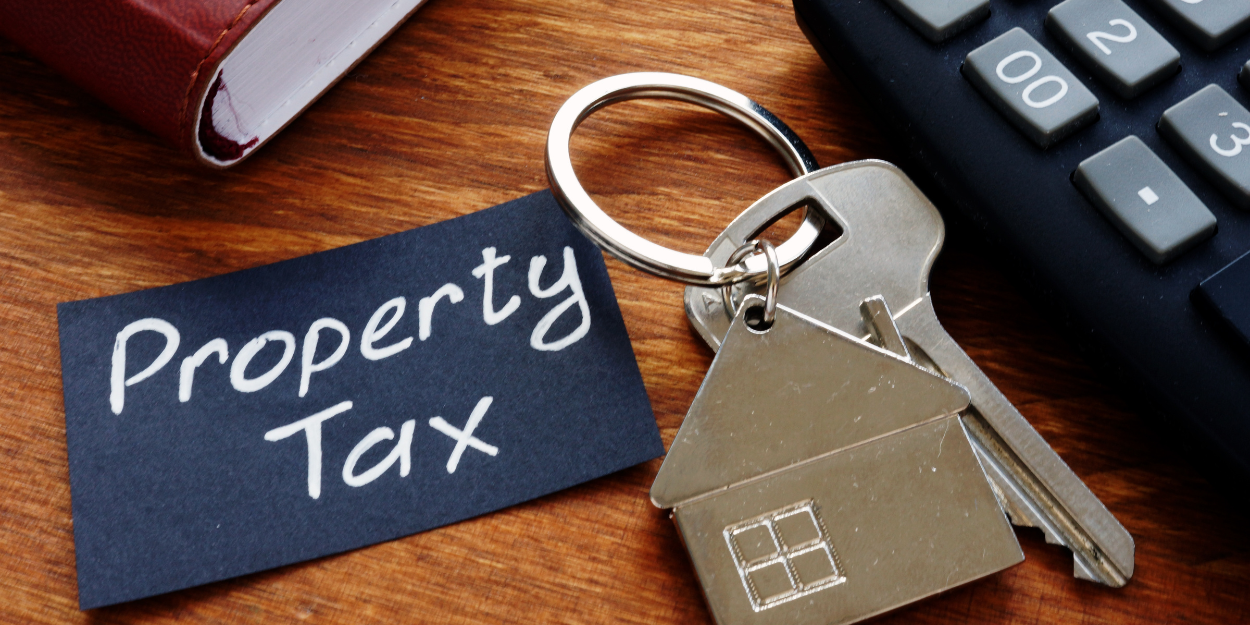Understanding Property Taxes in Indiana
Property taxes are a significant expense for homeowners, funding essential services like schools, emergency responders, and infrastructure. While property taxes are necessary, an inaccurate tax assessment can lead to higher-than-fair payments. If you believe your assessed home value is too high, you have the right to appeal. Understanding how property taxes are calculated and the steps to challenge an unfair assessment can help Indiana homeowners ensure they are not overpaying.
How Property Taxes Are Assessed in Indiana
Each year, county assessors determine property values based on recent sales, home characteristics, and market conditions. Property tax assessments consider factors like home size, location, lot size, and renovations. Homeowners receive a Notice of Assessment (Form 11), which states the assessed value of the property. If you believe this assessment is incorrect, you can file an appeal to have it reviewed.
When to Consider Appealing Your Property Taxes
Many homeowners assume that property tax assessments are final, but errors can happen. Common reasons to appeal include overvaluation compared to similar homes, incorrect property details such as square footage or number of rooms, major home damage that affects value, and recent neighborhood sales indicating a lower market price. If any of these factors apply, appealing your property taxes could save you money.
Key Deadlines for Filing an Appeal
Homeowners must file Form 130 – Taxpayer’s Notice of Appeal within 45 days of receiving the Notice of Assessment. This appeal is reviewed by the Property Tax Assessment Board of Appeals (PTABOA). If the appeal is denied or unsatisfactory, homeowners can escalate the case to the Indiana Board of Tax Review for further evaluation.
Step-by-Step Process for Appealing Property Taxes in Indiana
1. Review Your Property Tax Assessment
Carefully check the details on Form 11 to ensure accuracy. Compare your home’s assessed value to recently sold properties in your neighborhood. If your home is assessed significantly higher than similar homes, this may be grounds for an appeal.
2. Gather Evidence for Your Appeal
Property tax appeals require supporting documentation to prove the assessed value is incorrect. Gather a comparative market analysis (CMA) from a real estate agent, recent home sales data for similar properties, photos of home defects or damage that could affect value, and property records that highlight incorrect details like square footage or property condition.
3. File a Property Tax Appeal (Form 130)
Complete and submit Form 130 – Taxpayer’s Notice of Appeal to your county assessor’s office. Be sure to include supporting documents such as comparable sales reports, appraisals, or repair estimates. Homeowners can request either an informal or formal hearing to present their case.
4. Attend the Property Tax Appeal Hearing
At the hearing, be prepared to explain why your property’s assessed value should be reduced. Present comparables, home condition details, and market data to support your claim. If the appeal is denied, homeowners have the option to escalate the case to the Indiana Board of Tax Review for further evaluation.
5. Track Future Assessments
Even if your appeal is successful, property values are reassessed annually. Regularly reviewing your assessments can help catch errors early. Staying informed about market trends and local tax rate changes ensures that your home is fairly valued.
Tips for a Successful Property Tax Appeal
File the appeal before the deadline to ensure eligibility. Provide strong, data-backed evidence such as a professional appraisal or recent comparable home sales. Highlight home defects, location factors, or neighborhood changes that impact value. Work with a real estate agent or property tax consultant for expert guidance.
How Lockstep Realty Helps Homeowners Save on Property Taxes
Lockstep Realty provides comparative market analysis (CMA) reports to support appeals, connects homeowners with local property tax experts and appraisers, and offers guidance on property value trends and tax-saving strategies. Having professional insight can strengthen your case and help ensure you pay a fair tax amount.
Frequently Asked Questions
What is the deadline to appeal property taxes in Indiana? Property owners must file Form 130 within 45 days of receiving the Notice of Assessment.
How do I find out if my home is over-assessed? Compare your home’s assessed value to recently sold homes in your area or consult a real estate agent for a market analysis.
Can I appeal my property taxes without an attorney? Yes, homeowners can file an appeal independently, but professional guidance can strengthen the case.
Will appealing my property taxes affect my home’s resale value? No, a successful appeal only adjusts tax liability and does not impact market value.
How can Lockstep Realty help with a property tax appeal? We provide market analysis, sales comparisons, and expert recommendations to support your appeal.



